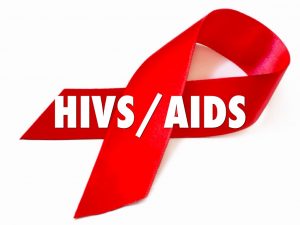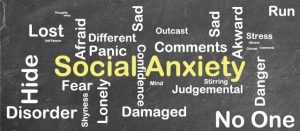
Cholera is an infectious disease. Severe watery diarrhea is caused which could lead to dehydration and if untreated, death. Cholera is caused by drinking water and eating food that is contaminated with the Vibrio Cholerae bacterium. Cholera occurs commonly in places with famine, poor sanitation, war and crowding. It is important to know about facts regarding cholera while traveling to cholera hit areas to protect self and family.
Water contaminated with feces of a person suffering from Cholera can also cause the disease. Common sources of Cholera infected water include ice made from municipal waters, supplies, drinks and food sold by vendors on the street, vegetables grown with human waste, contaminated water, seafood caught from sewage and polluted water and eating undercooked and raw fish. On consuming the contaminated water or food, a toxin is released by the bacteria, into to intestines, causing diarrhoea in the process.
Depending upon whether the infection is mild or severe, a few symptoms like vomiting, and watery diarrhea, leading to dehydration are experienced by the patient. Signs of dehydration include, low blood pressure, cramps in muscles, dry mucous membranes, skin elasticity loss and rapid heart rate. Dehydration has to be treated immediately or in a matter of hours, it could lead to shock and death.
Cholera is a disease that can be treated easily. The disease causes fluid loss in the body. If oral rehydration salts are promptly administered, then the disease is easy to cure. In severe cases the patient’s life can be saved by giving intravenous administration of fluids.
If diarrhea is severe, contact the doctor immediately for treatment. Antibiotics are administered to kill cholera bacteria.
There is a vaccine available against cholera but as part of protection it is necessary to ensure drinking boiled water, bottled water or chemically disinfected water. Disinfected water must be used for preparing drinks, food, for drinking, making ice, washing hands and face, brushing teeth, washing vegetables and fruits, to prepare food and washing utensils and dishes. Also avoid using unpeeled vegetables and fruits, unpasteurized milk products and milk, undercooked or raw shellfish or meat or contaminated fish caught from tropical reefs.








